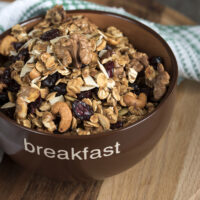The Importance of Car Tire Safety Before a Road Trip
It is highly important to follow a regular tire check regime to ensure your car tire safety. It is very important if you are going on a long trip. A flat tire or any other problem in your tire can spoil your enjoyment of your trip. Non-adherence to the regular car tire safety tips can lead to heat build-up in the tires during a long trip which can lead to major inconvenience in the middle of nowhere. Below is a checklist of car tire safety tips before you zoom out for any long drive: 1. Make sure the tires are well inflated According to the guidelines of the Department of Energy, correctly inflated tires improve fuel efficiency nearly by 3 percent. Further, it makes your journey safe and cost-efficient by reducing gas consumption. Always make a point to check the tire pressure once every month and before going out on a long trip. Check the pressure when the tires are cold. If you do not know the correct tire pressure for your car, refer to the owner’s manual. You can also find it on the gas tank or driver side’s door edge. Make sure that tire pressure is the same across the axles.
Read More 











